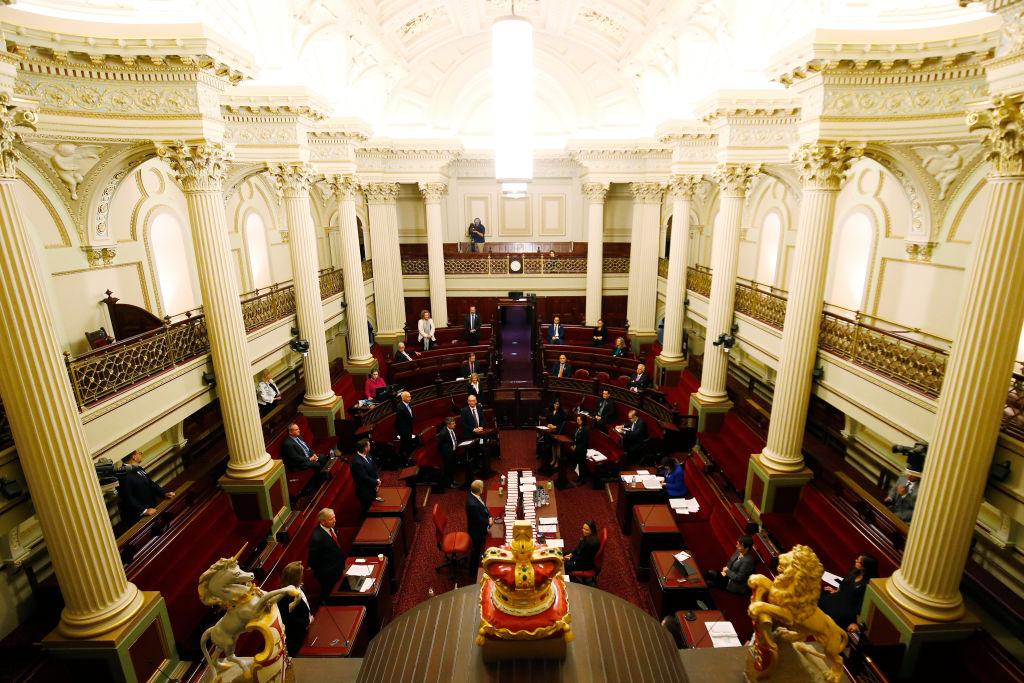For the past 106 years, the Parliament of Victoria has begun each sitting day with the Lord’s Prayer, followed by Welcome to Country. But that looks set to change after Premier Jacinta Allan confirmed there have been cross-party discussions on the issue.
“It’s important that as a parliament we reflect the community that we represent,” she said. “Our multicultural community is one of Victoria’s greatest strengths and I’m proud to be part of a parliament that is 50/50 men and women and has a greater cultural diversity.”





